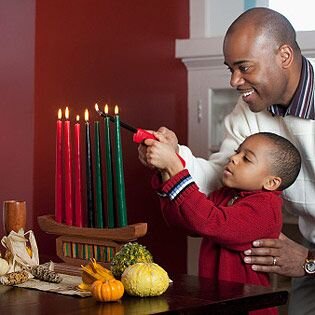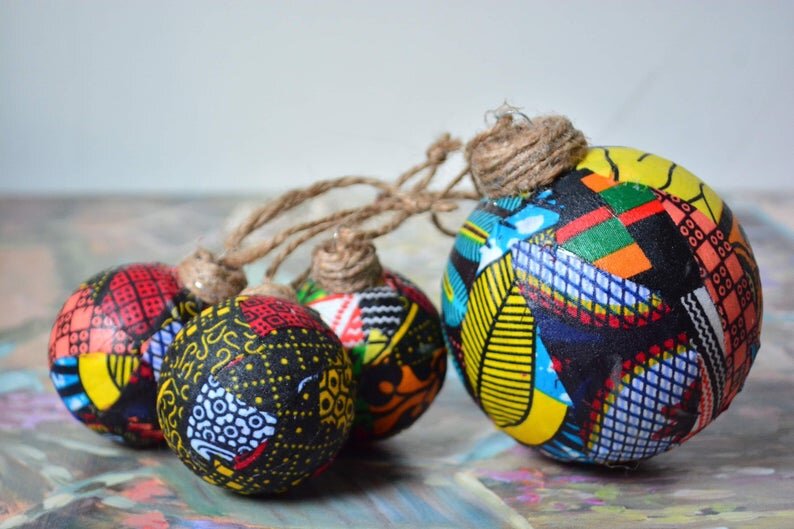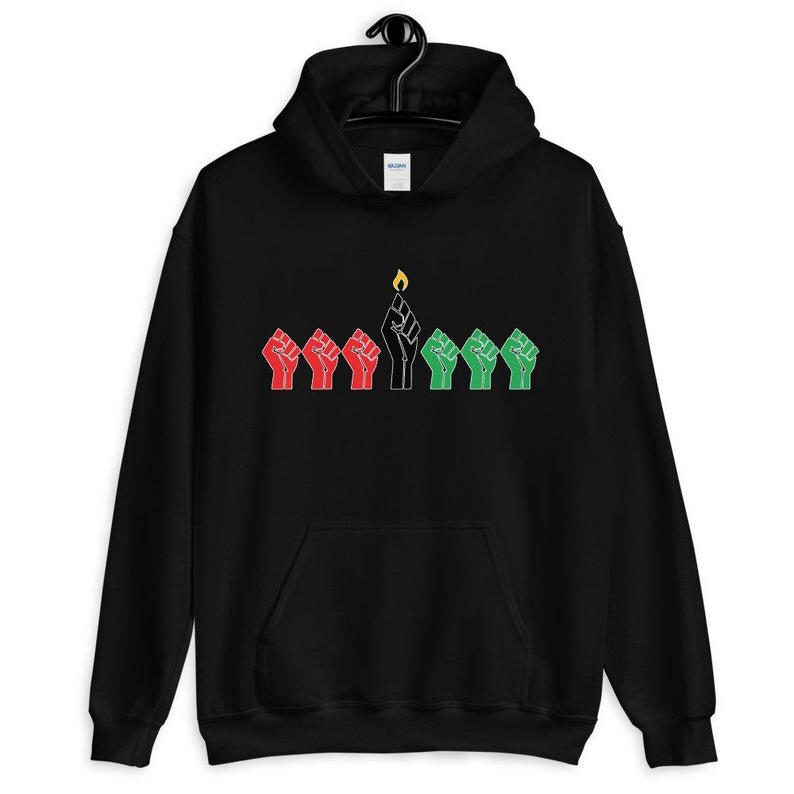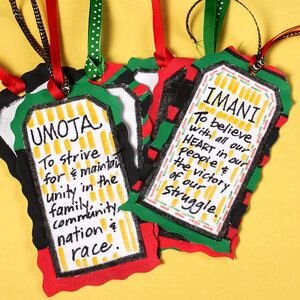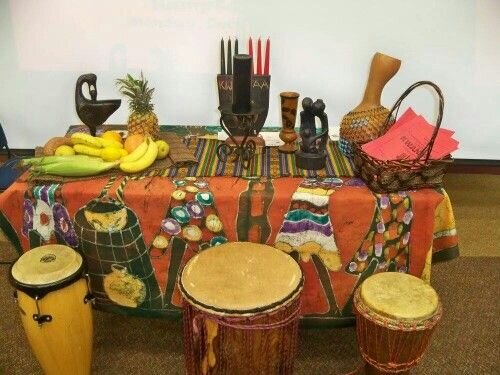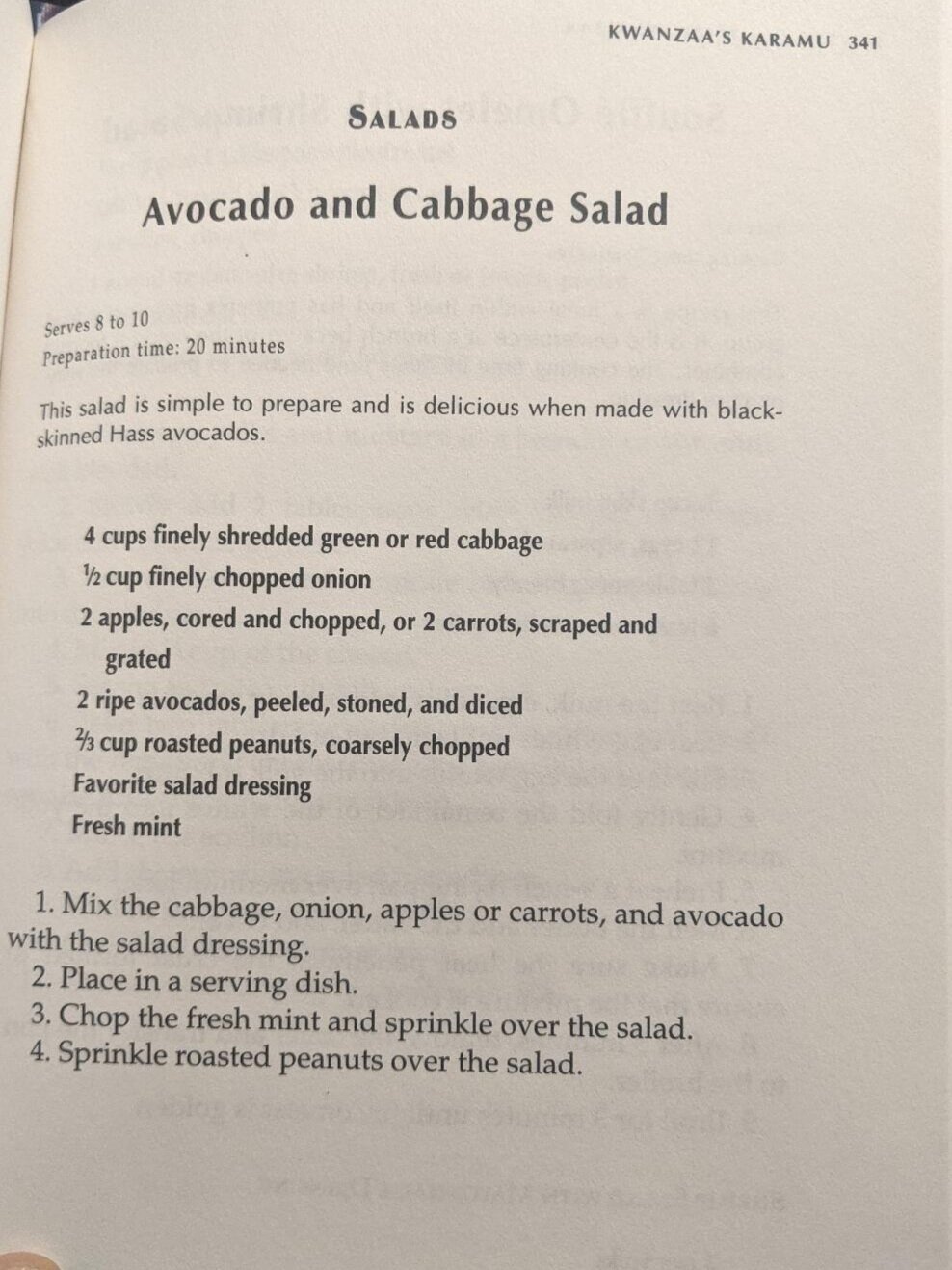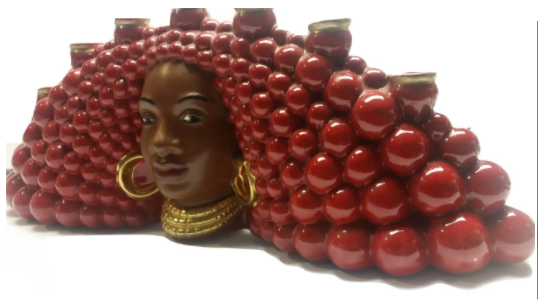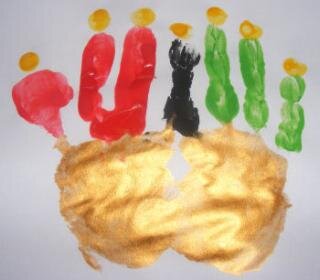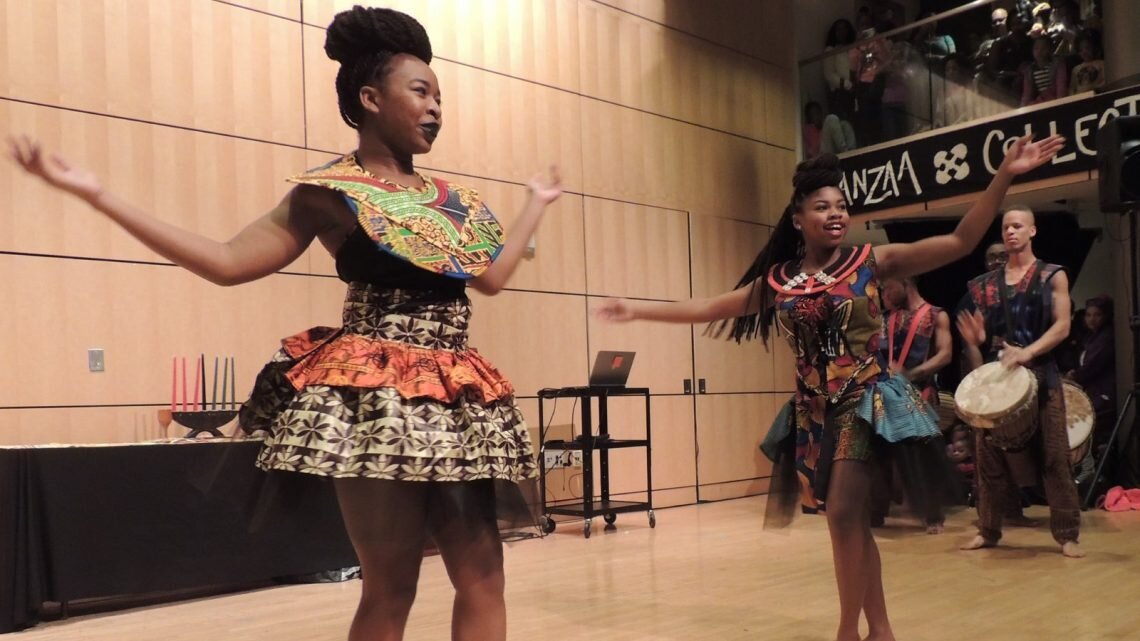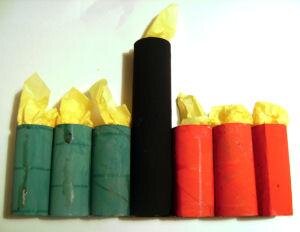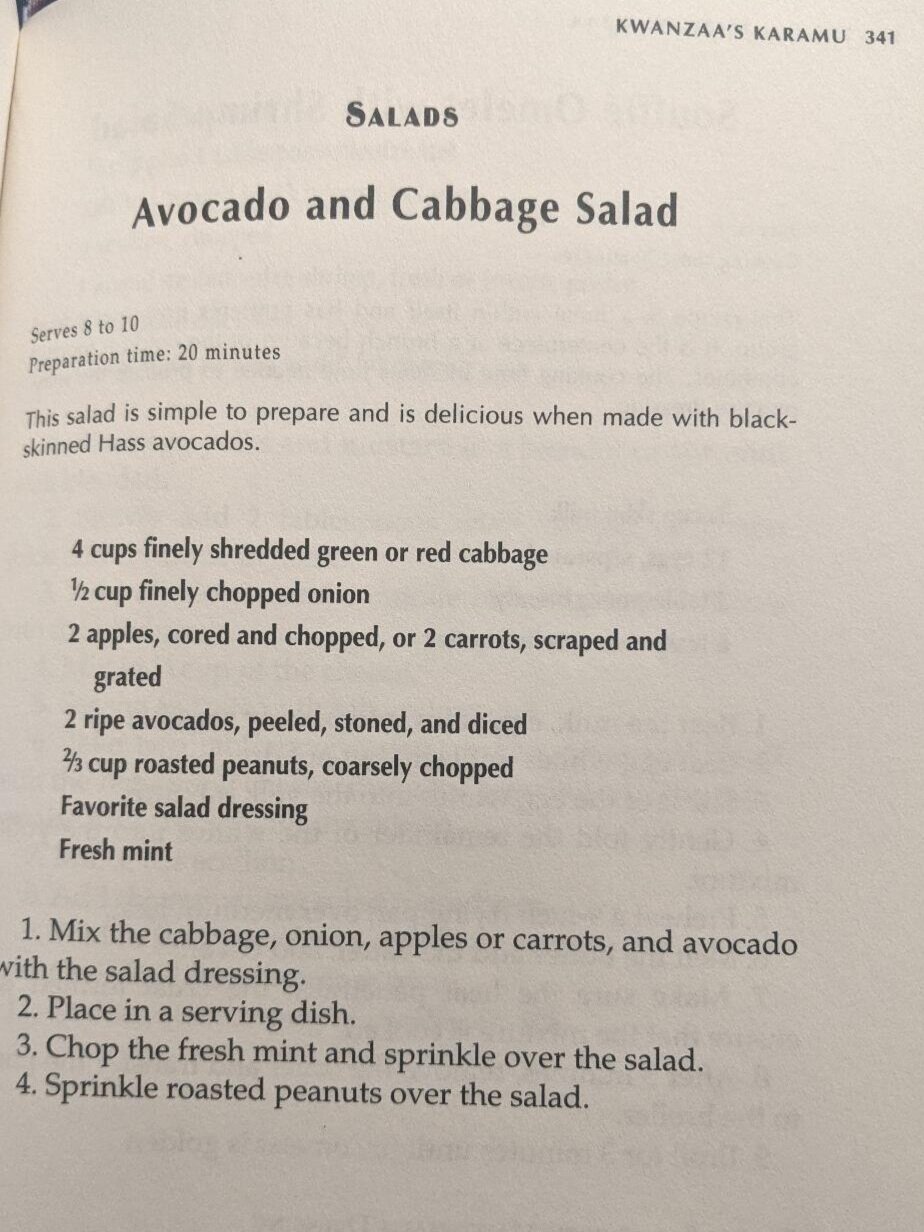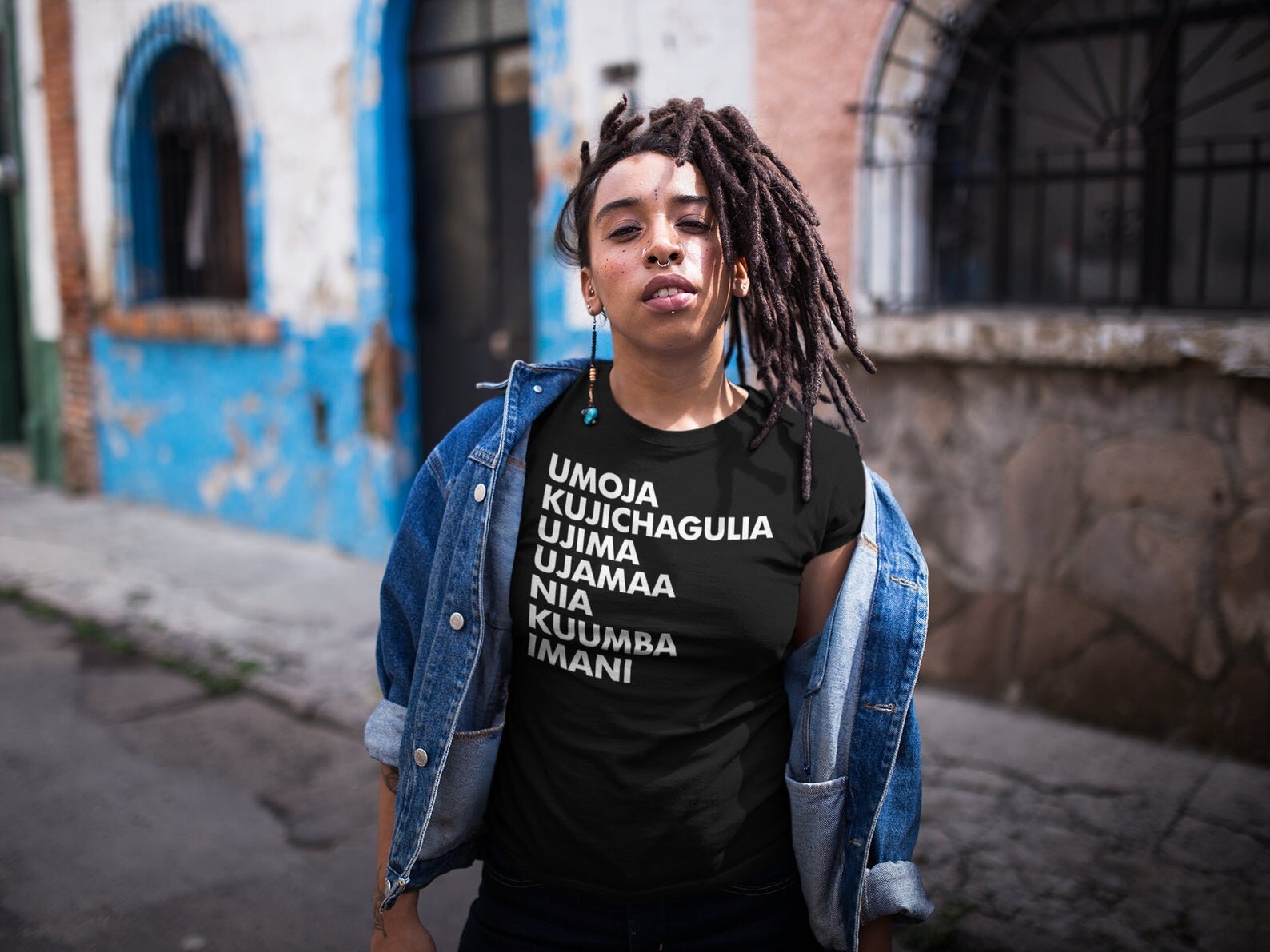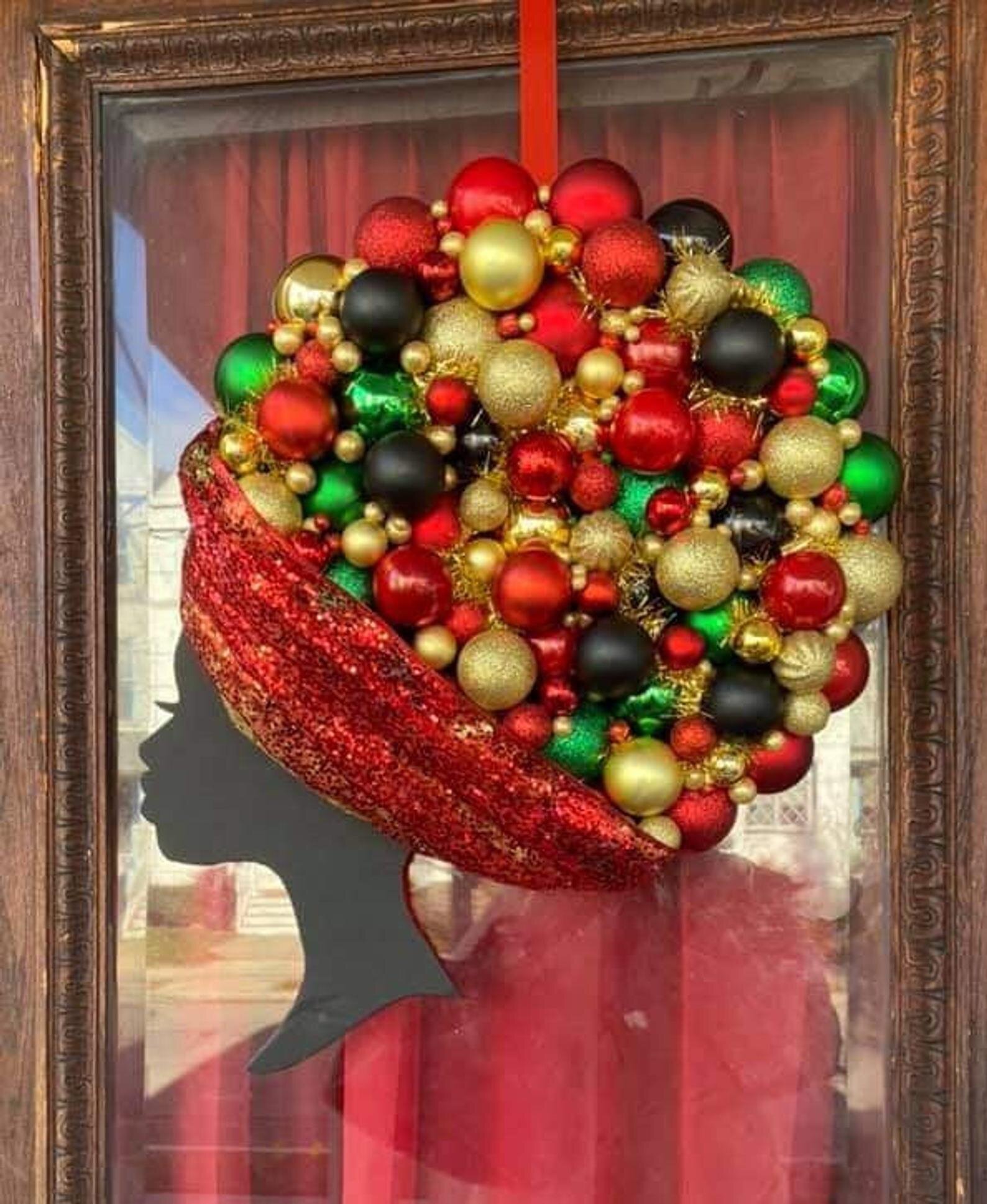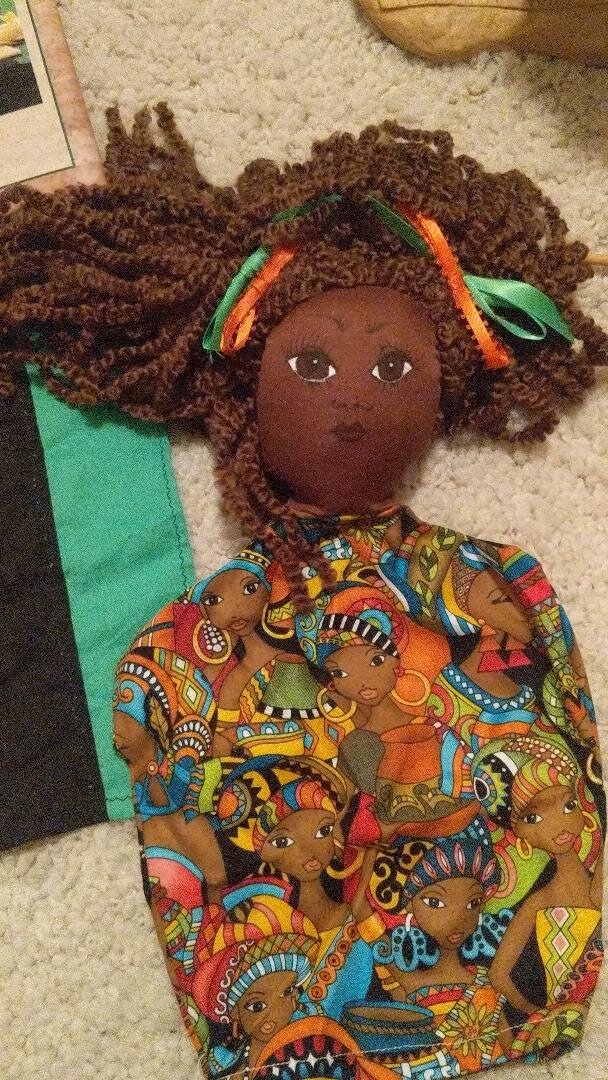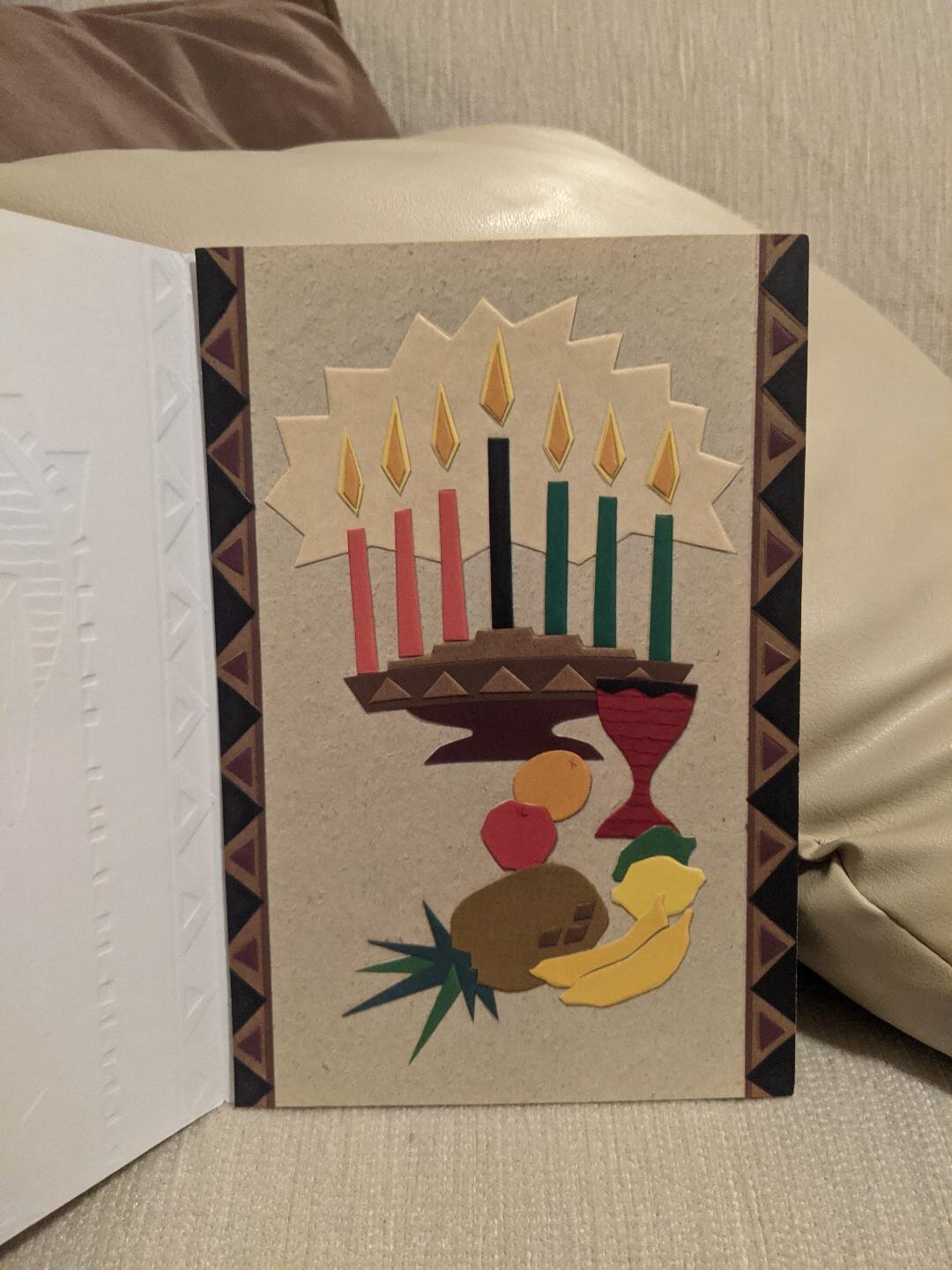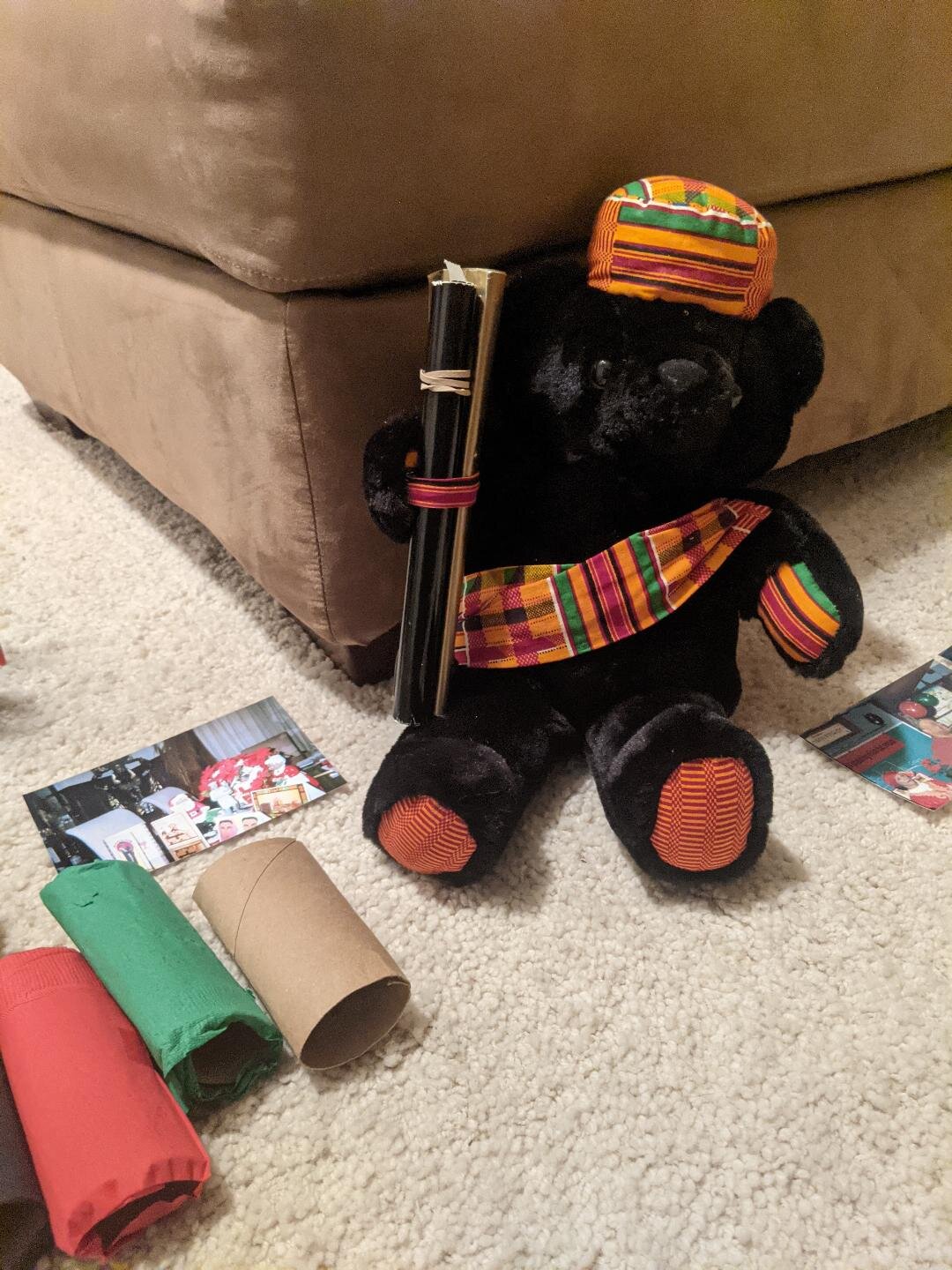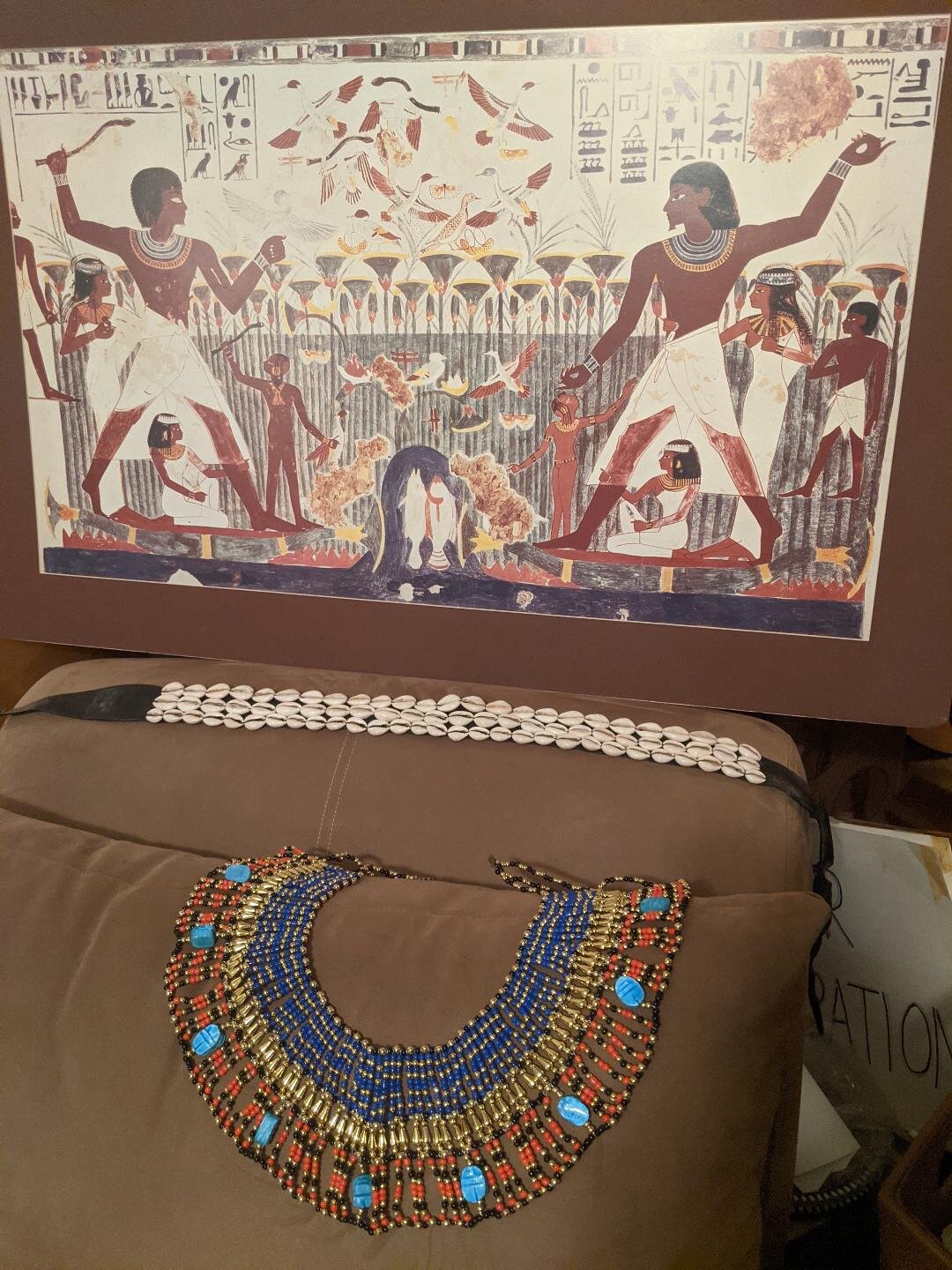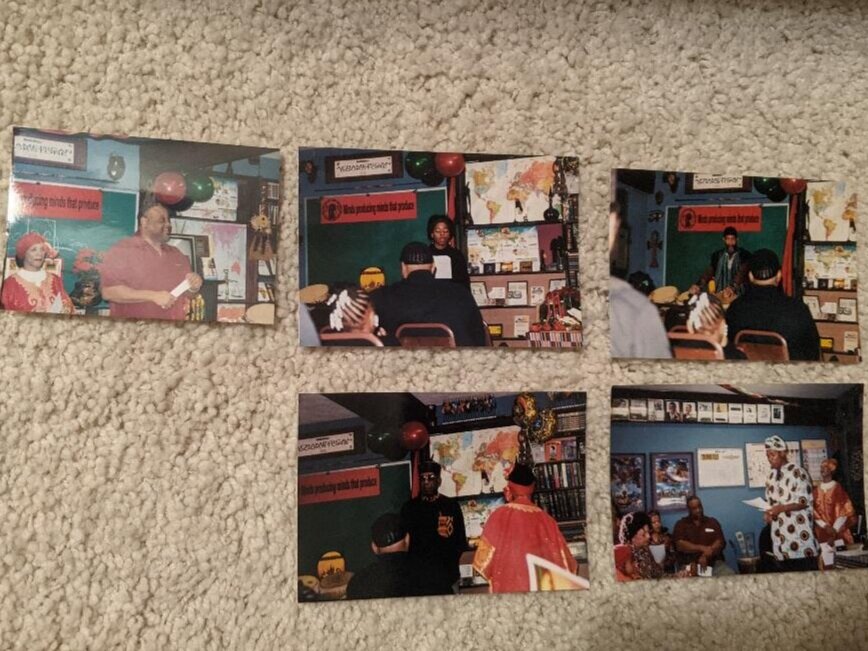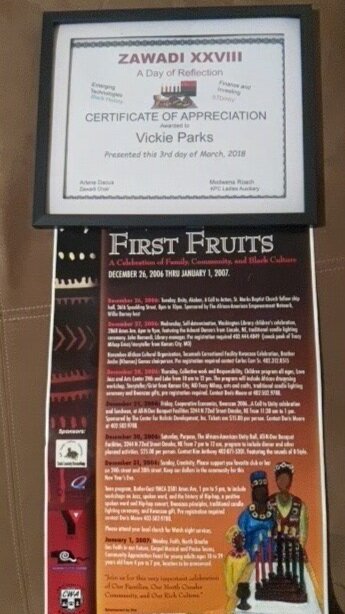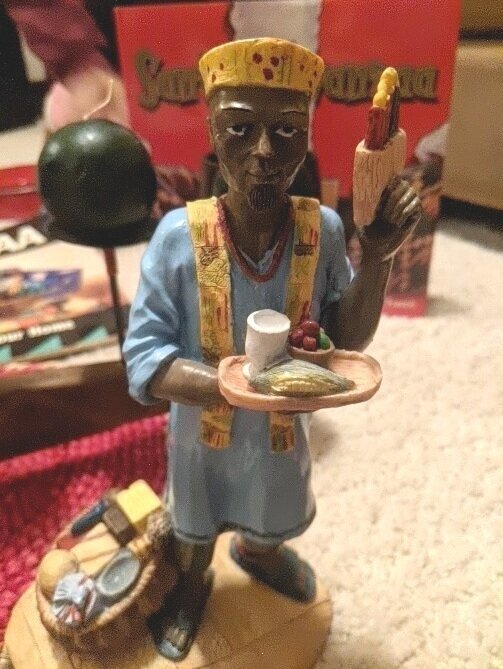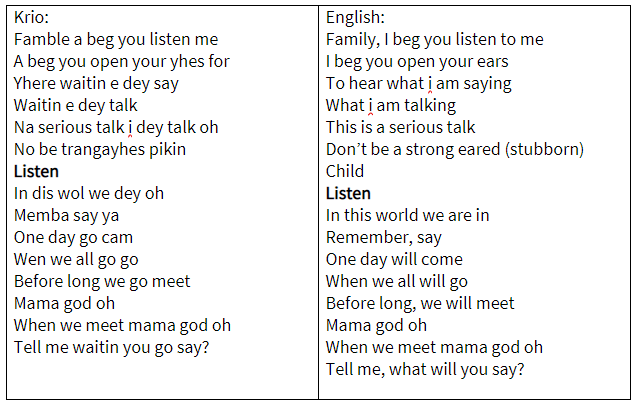Kwanzaa 2020: Why me, why now?
Experiential editorial by Ashley Salem
When My son and I started a new tradition, It was a normal day...
Well, it was the “new normal” we had become accustomed to since the pandemic of COVID-19. My son and I were off to the grocery store and just after loading ourselves into the car, we settled into our new routine of learning about Black history while out and about and not just at home. This miniseries would later adopt the name “Car-Chronicles.” When his friends spend time with us, we do Car-Chronicles with them as well. On one particular day, I taught my son about Mansa Musa. According to UrbanIntellectuals.com, a Black-owned company that provides positive Black history, culture, and news, Mansa Musa of the Mali empire, made a pilgrimage to Mecca, which was one of the most beautiful and ornate of its time. So remarkable that which included 60,000 people – 1,200 servants, 500 slaves, and 80 camels carrying more than two tons of gold to be gifted and shared with the poor.
Mansa Musa’s long trek to Mecca:
Mansa Musa, being a 14th-century man vision, he returned from Mecca with master builders and architects to build libraries and other public buildings in Timbuktu. Be it that he had accumulated and grown so much wealth, my son had his friends were intrigued.
Later that week, my son told his grandmother that the man on the tv was rich, but not like Mansa Musa. I laughed and smiled within myself. He had made a connection. Not only to that of the term rich in contrast to wealth, but also that someone in his own lineage..had it like that.
I have always wanted to know more about Kwanzaa. Mystical in some ways, the celebration was something that called to me, yet eluded me. Not being something in the original cannon of literature in primary, high school or college. I wanted to know more. Now in 2020, working and schooling my son from home, I had the perfect opportunity to research and find out what Kwanzaa was all about.
“If you want to go quickly, go alone. If you want to go far, go together.”
-African Proverb
Origins of Kwanzaa
Dr. Maulana Karenga (PhD) is the creator of Kwanzaa. An African-American professor and Chair Department of Africana Studies at California State University. Karenga was also an activist who had far-reaching effects on the Black arts movement, Black studies, Black theological and ethical discourse, and the reparations movement.
Karenga, formally known as Ronald McKinley Everett, changed his name to Maulana Karenga based off the Swahili-Arabic language meaning Karenga as "keeper of tradition" and the title Maulana (Swahili-Arabic for "master teacher"). Dr. Karenga created Kwanzaa in 1966 based off of the Ashanti and Zulu traditions.
The name Kwanzaa is a derivative of “matunda ya kwanza” which means “first fruits” in Swahili. Karenga created Kwanzaa from searching for ways to bring African Americans together as a community. Now, 54 years later, from December 26-January 1, 2020 in Black households worldwide, Kwanzaa is recognized and celebrated.
Kwanzaa has 5 common set of values for first fruit celebrations:
Ingathering: centered around gathering food and resources, ingathering also extends to gathering the people. People of all faiths, near and far return home to be with one another. A time to renew and strengthen family and community bonding.
Reverence: Showing honor, respect and gratefulness to creator and creation. Reverence given to show appreciation for a good harvest, and a good life. A time to pray. Not only for oneself, but for family, neighbors, and strangers for a long joyous, plentiful life.
Commemoration: Remembering our ancestors. A heart and spirit filled reflection and veneration to our ancestors who have passed on from their physical bodies. Honoring them for being our symbol of linage role models for ourselves and our communities, and our spiritual intercessors.
Recommitment: Renewing the “why.” Re-establishing dedication and the sacredness of the way of the Creator, and the way of the ancestors. Affirmation of thought and practice to peace, love, sister and brotherhood.
Celebrate: Rejoicing with friends, family and neighbors. Celebrating our history, our culture and the promise of a good year. Enjoying poetry, dancing, live music and lively dialogue and ceremonial drumming.
Kwanzaa is a not a religious holiday. Contrary to popular belief, many people do celebrate Kwanzaa and Christmas. Maulana Karenga makes these distinctions: a.) Although there is a spiritual component, Kwanzaa can be celebrated by everyone despite religious affiliations.
b.) Karenga also says, non-Blacks can enjoy Kwanzaa too, just as non-Mexicans commemorate Cinco de Mayo and non-Native Americans participate in powwows.
A LIFESTYLE with 7 principles
The seven principle of Kwanzaa is a system, a structure to follow. Kwanzaa is not to be viewed as a “one-and-done celebration.” Everyday of the year, 365 days, each member of the family are encouraged to keep 7 principles.
Kwanzaa celebrations are 7 days long. Each day, focus rests and ignites on that particular day’s principle.
Ancient African philosophy is emphasized. Literature from the Books of Wise Instruction (Sebait), as well as the careful instruction and practice in building character and ethics of Maat, are essential. Up-rightness morally, physically, mentally, and spiritually.
“I'LL SHOW YOU HOW TO DO THIS SON”
-Jay-Z
Decorating, food, preparations, and festivities
Be it that one of the seven principles of Kwanzaa is creativity, there is no time better to break out craft paper, glue, beads, string, and get creative.
I have been making all types of decorations. My son has made a banner that says, “Habari Gani“ which means, “What’s the news?” When asked the question, one should respond with the Kwanzaa principle of the day.
My son also helped me pick out decorations from local stores. When I say we’ve been creative, I really mean that!
I have seen some beautiful Kwanzaa decorations that many families and individuals display. This being our first year celebrating and being in the middle of a pandemic, funds and access are a little low. During Kwanzaa, the table traditionally has a “Mkeka” (mat) for the kinara (candleholder) to rest upon. Ears of corn can also be used as decoration, one for each child traditionally graces the table. We have been intentional in picking items from thrift stores and the dollar store, watching YouTube videos, and piecing materials and textures together to make something we were PROUD of this year. This is the beauty of our culture. The beauty, resiliency, and creativity that pulses through our veins. A Vibranium, all of its’ own.
Worldwide artists are turning this resiliency into art and school children use their creativity on simple homemade crafts.
There is a certain type of true joy one experiences when they are proud of what they have worked for, what they have created from scraps; from the dust, creating something sustainable.
Whether it was my ancestors using the scraps of food they were given to create such delicious meals that even now, people will travel miles and pay high dollar to taste one pot meals. Food like Gumbo, étouffée, Boudin, cornbread, collard greens and sweet potatoes that taste just like warm candy.
Now, I use the same grit, creativity and wisdom to teach my son. We picked recipes that we wanted to try, and listed some ingredients we just liked but didn’t have a recipe for. I have to admit. I am one of those people who doesn’t use a recipe. I understand the base of the food, then take note of what other ingredients may complement the base, and I run with it. Which sounds good, right? Until, you make something so epic and you want more..and you don’t really know exactly how to duplicate it.
Each day of Kwanzaa you talk with your family about the daily principle. On the last day presents called, “Zawadi” are exchanged. As I mentioned earlier, Kwanzaa is not intended to be one-and-done. The presents are a token for the family member having upheld the principles of Kwanzaa all year long. Books are always given to the children in the family to encourage education.
“May we be granted all things good and pure which heaven gives, the earth produces and the Nile brings forth from its well-springs.”
The Kinara is the ceremonial candle holder used during Kwanzaa. It holds 7 candles in honor of the 7 principles. The lighting of the candles is called Mishumaa. In the original tradition of Kwanzaa the candles, are to be lit in a very specific way. I had the pleasure in speaking with Omaha native Vickey Parks who has been celebrating Kwanzaa since it was created 53 years ago.
Vickey Parks knows exactly how light each candle, and has taught adults, children and college students about the importance and roots of Kwanzaa all over Omaha. After our interview, there were some items and pictures she was kind enough to share with me for our audience in the slideshow below.
With mask in tow to keep her and I safe, I was invited to Vickey’s home to take pictures of her special Kwanzaa items. I walked inside to find a sweet, strong, and fierce woman who not only was a delight to meet but a true teacher as she gave me and my son a personal presentation. I sat on a beautiful ottoman in her living room smiling ear to ear. She showed me gifts family and friends had sent her from all over the world; her children’s Kwanzaa crafts, her teaching materials, favorite books, jewelry, paintings, attire, and her family Kinara. My son chomped on a piece of fruit while she played and danced to Kwanzaa music, which a children’s choir had created. She shared with me her memories, her stories, and her heart. I appreciated and invited this experience. Unedited, unpredicted, and absolutely perfect. I was honored.
Check out our interview here:
A kinara holds seven candles, three red ones on the left, three green ones on the right with a black candle in the center.
Each night during Kwanzaa a candle is lit. The black candle in the center is lit first and then it alternates between the red and green candles starting with the ones on the inside and moving outwards.
The Unity Cup or Kikombe cha Umoja is to be filled for libations on the 6th day. The drink will be of your choice. If alcohol or wine is not your flavor, others have done grape juice or water. The eldest in the family is to raise the cup and remember and say the names of our ancestors that have passed on. A sip is taken and the elder is to announce "Harambee," meaning "Let's pull together.” The cup is then passed with the same progression until the youngest in the family has completed the steps in the traditional ritual. Followed by a feast of choice to be enjoyed by family and friends. After each ancestor and elder is named, acknowledge the person by saying “Ase,” which means and so it is.
“What we're gonna do right here is go back, way back, back into time.” -Blackstreet
As we pass the unity cup we acknowledge our elders, those who have come before us, and where we are going:
As I dived deep into the research of Kwanzaa, I wanted nothing more than to include my team. Get to know us a little better, laugh at our glow ups, and read what principles really resonated with us this year…
Dawaune LAMONT HAYES
“The Role of the Artist is to be an amateur in public." This year has shown me that there is goodness in being vulnerable, accountable, and honest about what you don't know. I personally learn best by doing and I love sharing knowledge with people so, this quote emphasized for me that my role is to breakdown the barriers between beginner and professional to show that we are always learning no matter where we are. This connects with Kuumba that asks us to do what we can, how we can, to make the community better. My role of learning in public is helping to do that.”
Emily chen-newton
“There is a quote from Martin Luther King Jr. I have returned to over and over again this year. Dr. King said, “There comes a time when silence is betrayal.” From leaving the radio station to beginning to talk to my white friends about the systemic racism this year, this quote has been a beacon for decision making this year. These actions feel like acts of Ujima and Kuumba in 2020. Ujima, meaning to make my brother and sister’s problems my problems, and Kuumba entails using your creativity to leave your community better off than when you inherited it.”
MYLES A. DAVIS
“I had to make my own living and my own opportunity. But I made it! Don’t sit down and wait for the opportunities to come. Get up and make them.” — Madam C.J. Walker Self-Determination defined as: the ability to define oneself, name oneself, create for oneself, and speak for oneself. Self determination truly embodies my continued life journey. Many times I have been counted out and I had to find my way back in. Many times I have made mistakes and I have to prove myself again. This has made me at times doubt myself, hate myself, have no respect for myself. I’ve been through many trials that I still work through because I refused to process them in the moment. It’s from me learning to have self-determination, supported by God, family, friends and mentors, I have been able to rise from my own mistakes, my placement in this world, my skin color to name a few. I have had to learn to go for what I want and don’t stop even after I achieve it. If I allow anything or anyone to stop me from being useful then that’s when I have failed. It’s takes support, practice, prayer and knowledge to continue refining your self determination. The reason I joined NOISE is because it shared my desire of demonstrating self-determination. Being a part of an organization that shares information, helping to up building a community I stem from, is a huge privilege. As I continue to work on my self-determination, with support from my tribe of those doing the work, I ask that you all support us any way that you can. I pray that you all produce blessings in the coming new year.”
ASHLEY SALEM
“Mama exhorted her children at every opportunity to 'jump at the sun.' We might not land on the sun, but at least we would get off the ground.”
-Zora Neale Hurston
And in that… that small layer of sentences. Lies the promise of affirmation. Faith(Imani) principle number 7 of Kwanzaa, holds a penetrating meaning for me. Faith in my God, faith in myself and faith in the promise that are inherently crafted into my hands. After going through hard times in life and making it through, I went on to heal and encourage others. My faith has made it possible to tell my story and instill hope in those who need a little help. This quote is now, one I live by. One I parent through, and one I embody as I encourage others. As a journalist/cbt practitioner/ linguistic artist and storyteller, I delight in sharing and in hearing life stories. Being gifted with the opportunity in meeting and interviewing so many wonderfully spirited individuals, is nurturing to my spirit. As 2020 has been a year non of us could have expected, I have found solace. The busyness has been replaced with rest. Not necessarily sleep, but rest. Rest from doing and doing and transformed more into being. I have found it to be more productive, and even allows me to care for myself proactively. Now as we approach the new year, we don’t know what to expect. One thing is for certain, I will approach each day with my God at my side, confidence in my unique composition, and a cup of hot tea.
KIETRYN Zychal
"The job of the journalist is to comfort the afflicted and afflict the comfortable." In plain language, it means standing with those who are bullied and against those who are bullies. This echoes the principle of Ujima, to make our brother and sister's problems our problems, and to solve them together. I haven't always been an effective solver of other people's problems, but I've tried to be a friend to those in trouble. Sometimes, it's enough. As Ed Poindexter once said to me during a prison visit, "Never underestimate the importance of friendship."
kelli west
“The state of your life is nothing more than a reflection of the state of your mind,” by Wayne Dyer is something that really speaks to both who I was as a child as well as who I am as an adult. Imani, one of the Seven Principles, means to believe with all our heart in our people, our parents, our teachers, our leaders and the righteousness and victory of our struggle. After losing my mother at a young age, there were times when I wanted to lose faith in myself and had doubts about so many things. However, especially in the midst of the chaos this year, no matter how hard things become and no matter how much I want to lose faith, I always remember that she would not want me to give up. Armed with the newfound mindset, I have developed a deep respect for the dedicated teachers, leaders in our community and my father for allowing me to grow and heal at my own pace and in my own way. I now believe that by having an optimistic attitude and perception of life while upholding positive values, life can truly be what I make it.”
Never forget who you are..
Never forget. Even when things aren’t going well. Never forget. Even when there seems to be no way out. Your circumstance doesn’t have to be final, nor does your perspective. I want to personally thank you for taking this journey with me. I have learned so much through the research of Kwanzaa. I am excited to celebrate this year! I want to also thank the staff of the Charles B. Washington Branch of the Omaha Public Library. With so many wonderful items to check out, I literally felt like a kid in a candy store looking though so many books, DVD’s and CD’s. They have a great deal of material for Kwanzaa I hope you and your families will check out. I again want to thank Vickie Parks for the interview and openness. Feel free to hang out and check out the resource list. There holds the books I used in my research and links to the artwork, items featured in this piece, and some music for your Kwanzaa celebrations. In everything I have learned during this time, nothing has striked me more than the importance of passing down knowledge and tradition, especially that of the oral tradition. Children gathering around the elders as they share stories, recipes, their trumps and laughter, as well as the moments that had to carry on with tearful eyes. Listen.
Nadeem Din-Gabisi spoken word poem:
Further Reading and listening:
books:
Seven Candles for Kwanzaa, Book by Andrea Davis Pinkney
Kwanzaa Crafts: Gifts and Decorations for a Meaningful and Festive Celebration Book by Marcia Odle McNair
Kwanzaa fun Book by Linda Robertson
Together for Kwanzaa Book by Juwanda G Ford
Seven Spools of Thread Book by Angela Shelf Medearis
Kwanzaa Book by Trudi Trueit
Kwanzaa: A Celebration of Family, Community and Culture Commemorative, Subsequent Edition by Maulana Karenga
Music:




